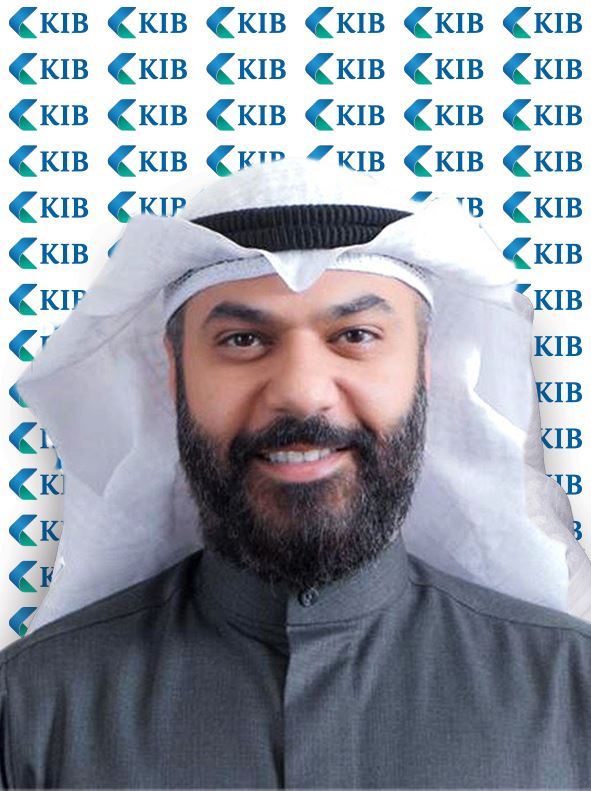Kuwait International Bank (KIB) has concluded a training for its employees on methods to discover counterfeit and forgery in banking documents, aiming at establishing and developing their skills in this pivotal area. The training included both theoretical lectures and practical application to give the Bank’s employees a through grasp of the topic.
Commenting on program, General Manager of the Information Security, Privacy and Anti-Fraud Department at KIB, Basil Adeeb Al-Suwaidan, pointed out its desired goals; which are to train bank employees on the modern means used to secure various bank documents, how to conduct an analytical study of signatures, and more.
Al-Suwaidan said that the training began with a detailed explanation of the differences between forgery and counterfeiting, indicating that “both counterfeiting and forgery are intended for changing a certain truth. Counterfeiting is a fraud that applies to paper currencies, coins, or stamps, given these are documents of value issued by the State.
Adding further: “There are two types of counterfeiting: partial counterfeiting, which is the process of changing the correct currency of small value to make it look like the currency of large value, and the change is done by modification or addition or both. Whole counterfeiting are operations - that can be done using computers, by hand drawing, printing, or photography that can be accompanied by hand coloring - to create an actual (not real) currency that is similar to the correct currency but differs from it completely and fundamentally.
As for forgery, Al-Suwaidan said that the course clarified to the employees that it is "the processes of fabricating documents and attributing them to their owner, as well as cheating real documents by changing their facts, whether by modification or addition, or by exposing them to tampering, whether by scraping, obliteration, or erasure in both its mechanical and chemical forms, which causes harm to others.
“There are three types of forgery: written forgery, such as emulation of handwriting, signatures, or seal prints, then physical forgery, and the last of them is moral falsification, which is divided into first: changing the declarations of those in authority, and secondly: making a forged incident in the form of a true incident, and the third: making an unrecognized incident in the form of a recognized incident”, added Al-Suwaidan.
He then moved on to theoretical lectures and practical applications which reviewed the set of tools needed to detect forgery" in documents, how to identify their structure, types, and means of securing them, in addition to presenting types of forgery in hand-written documents, and how to identify the characteristics of natural and abnormal writing.
He added that during the training program, light was shed on the methods of forging signatures and the technical methods used to detect them, the visible and invisible means used to secure the Kuwaiti currency and various other currencies, as well as the practical methods for inspecting currencies and identifying real and fake ones.
In his concluding remarks, Al-Suwaidan emphasized KIB's eagerness to empower its employees and develop their capabilities in various areas of the banking sector, especially in the field of combating crime and financial fraud. All this comes within the framework of the policies and procedures set by the Bank to protect its organization, its employees and its customers.
 Basil Adeeb Al-Suwaidan - General Manager of the Information Security, Privacy and Anti-Fraud Department at KIB
Basil Adeeb Al-Suwaidan - General Manager of the Information Security, Privacy and Anti-Fraud Department at KIB